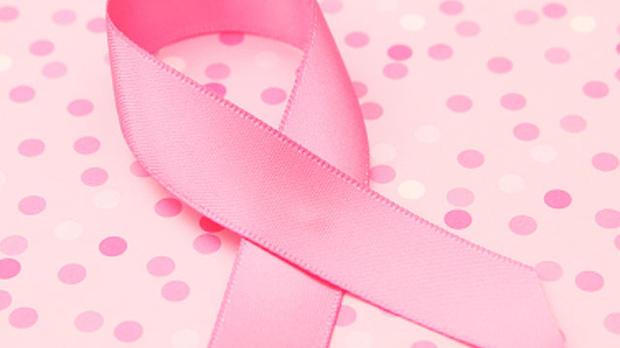By BERET LEONE
Click here for updates on this story
MINNEAPOLIS, Minnesota (WCCO) — It’s a club no one asks to join: cancer. As a healthy 29-year-old woman with no family history of breast cancer, this was not a concern for Ellie Henderscheid. Until it did.
“I’m really grateful that she caught it in time, because at my age I don’t have a family history, mammograms and check-ups, which is not common,” Henderscheid said.
Henderscheid was at her annual exam when her longtime doctor noticed a lump in her chest during her breast exam. Henderscheid knew about this growth, but didn’t think about it at all.
“Unfortunately, it was breast cancer,” she said.
“It was just a wide variety of emotions. Being so young, especially when I was newly married, we were about to celebrate our second anniversary,” Henderscheid said. “We were about to start a family. And then this, this happened. And it really completely changed the trajectory of my life.”
Although it is rare to be diagnosed with breast cancer at age 29, it is not uncommon. About 4% of women under 40 are diagnosed with the disease.
“We absolutely see an increased risk of breast cancer in younger women,” said Dr. Natasha Rueth, a surgical oncologist at Allina Health Cancer Institute.
Since 2004, the incidence of breast cancer has increased among women ages 15 to 39 in the United States. Earlier this year, the U.S. Preventive Services Task Force changed its breast cancer screening guidelines, lowering the recommended age to start an annual mammogram from 50 to 40. .
“The most important thing to do is not ignore it,” Rueth said. “So however you can find it, if it’s a mobile mammogram, if it’s a convenience site near you, the most important thing about of the mammogram is that you get it.”
Some guidelines no longer recommend that providers perform annual physical breast exams because they have not been proven to detect cancers better than women’s self-detection rate.
“If your doctor doesn’t do a breast exam and you’re an average patient coming in for your checkup, don’t worry, it’s actually pretty normal,” Rueth said. “In fact, some guidelines you can see now say not to do a breast exam.”
If you do not fall into the category for breast cancer screening and are not at high risk of the disease due to medical or family history, what can you do? The answer is simple: know your body.
“Know your body and if something is unusual, bring it to someone’s attention and don’t ignore it.” Rueth said.
Henderscheid agrees. It’s something she wishes she had done before her diagnosis.
“If you feel or see something that doesn’t seem right, you really need to stand up for yourself,” she said.
After three years of treatment, chemotherapy, immunotherapy, mastectomy, radiotherapy and reconstruction surgery, Henderscheid was cancer free. But his fight is not over.
“Coping with post-cancer has been very difficult,” Henderscheid said. “Actually, it was more difficult than I imagined.”
Before Henderscheid’s diagnosis, she knew she wanted to start a family. Working with her as an oncologist at the Allina Health Cancer Institute, she was sent to a fertility clinic.
“Everything happened like magic and I was able to collect eggs within two weeks before the treatment,” she said.
Henderscheid is cancer-free as of February 2020. She tried to get pregnant naturally with her husband last year.
“It’s not going well. Unfortunately, we learned that my treatment caused me to have fertility problems. So we are very grateful to be able to use these embryos in the future to start a family,” she said.
She hopes that by sharing her journey, she will help someone else.
“I hope there’s someone listening, maybe questioning a lump, maybe something, and that encourages them to go in and get it checked out,” she said .
The-CNN-Wire
™ & © 2023 Cable News Network, Inc., a Warner Bros. company. Discovery. All rights reserved.
